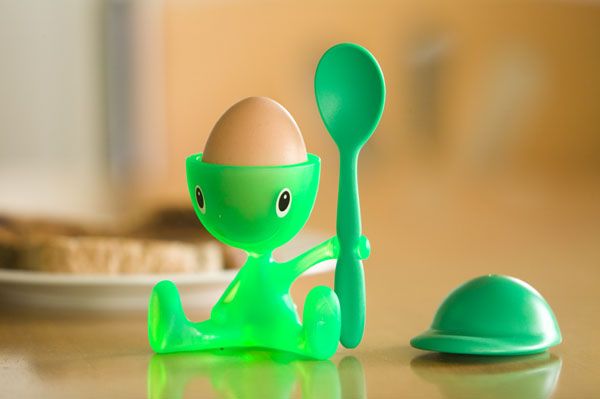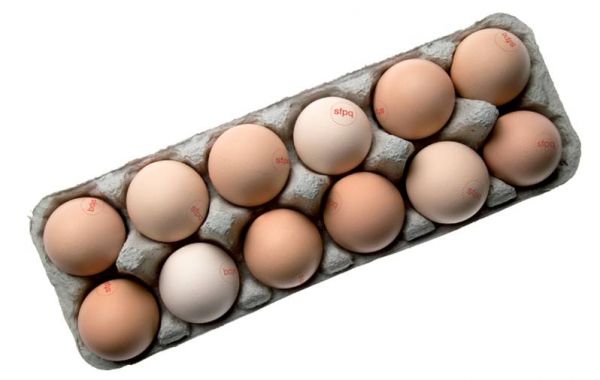
As part of Australian Food Safety Week, Safe Food is helping spread awareness on how to handle eggs safely.
Eggs are a simple, cost effective and nutritious part of our diet, but egg shells can be contaminated by Salmonella on the outside when they are laid.
This becomes particularly risky when preparing foods that contain uncooked or lightly cooked eggs. These include uncooked desserts like mousses and tiramisu; sauces and dressings such as hollandaise, fresh mayonnaise, and aioli; drinks containing raw egg such as egg nog, health shakes with added raw egg; and steak tartare.
These foods are risky because the eggs they contain are eaten uncooked, and so need to be handled safely.
Dishes containing raw eggs as an ingredient should not be served to vulnerable people such as small children, pregnant women, the elderly and people with compromised immune systems. These groups are at greater risk from food poisoning. Instead, egg meals should be cooked for these vulnerable people until the yolk has started to become firm. Another alternative is to use pasteurised eggs.

Raw eggs should not be served to vulnerable populations, such as the elderly
Follow these tips to minimise your risk of food poisoning from eating eggs:
- Don’t buy cracked or dirty eggs (e.g. visible hen poo, feathers). These are more likely to be contaminated with Salmonella. If you see any eggs like this in the marketplace, make the seller aware of it, as it’s against food safety legislation to sell cracked and dirty eggs.
- If eggs get a crack in them while you handle or transport them, it’s safest to discard them or cook them thoroughly as soon as possible, for example in a baked cake.
- Wash your hands with soap and running water and dry thoroughly after handling eggs so you don’t contaminate other food.
- If you accidentally drop pieces of shell into your egg mixture while preparing food, it could contaminate the mixture and will need thorough cooking. Remove the shell pieces with a clean spoon or fork.
- Don’t separate egg yolk from the egg white using the shell if you don’t plan on cooking the eggs any further. This could contaminate either part of the raw egg. Invest in an egg separator instead.
- Prepare raw egg foods just before you plan to consume them. If you need to store the dish, refrigerate it immediately at 5°C or below, so bacteria cannot grow.
- Keep your eggs refrigerated and store them away from ready to eat foods. They will keep better if you store them in the cardboard box you purchased them. You’ll also be able to check the best before date and have access to the information you need in the rare case there is a food recall.
Did You Know?
All eggs sold or supplied in Queensland must be stamped with a unique ID. This ensures full traceability of that egg, from farm to table, in the event of a food safety incident.
If you spot any unstamped eggs being sold, please contact us or report it to your local council.

Example of egg stamping – a requirement by all accredited egg producers and processors in Queensland
